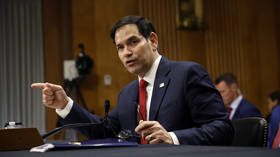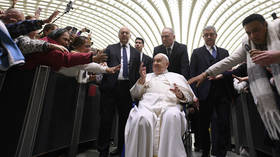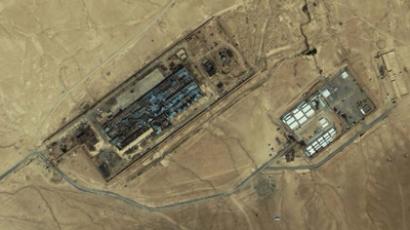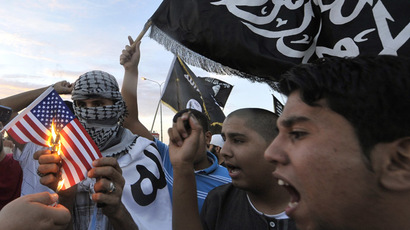UK intelligence 'involved in rendition', told to ignore torture - inquiry
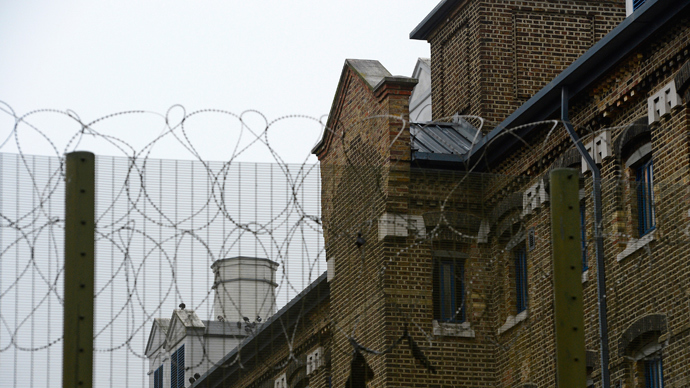
British intelligence in Afghanistan was aware of US mistreating terror suspect detainees after 9/11 attacks, but was told not to intervene, a new inquiry found. It also concluded the UK might have been ‘inappropriately involved’ in US rendition practices.
The inquiry, set up back in 2010 by Prime Minister David Cameron, has looked into some 20,000 security documents. The review followed allegations of wrongdoing on the part of MI5 and MI6, Britain’s domestic and overseas intelligence services, as the US prosecuted its war against terror after the 2001 attack. The episodes were said to have involved torture, mistreatment and illegal transfers.
On Thursday the
results of the investigation were presented to the
Intelligence and Security Committee (ISC).
The report found that British intelligence officers were fully
aware of US mistreatment of suspected militants in Afghanistan,
Iraq and Guantanamo Bay, but were instructed to turn a blind eye
out of the fear of offending Washington.
“Officers were advised that, faced with apparent breaches of
Geneva Convention standards, there was no obligation to
intervene,” declared retired judge Sir Peter Gibson, who
headed the inquiry.
Cabinet Office Minister Ken Clarke stated however that there was
little evidence of British officers being directly involved in
any torture; still fears of complicity linger.
“Documents indicate that in some instances UK intelligence
officers were aware of inappropriate interrogation
techniques," the report said. “[The] government or its
agencies may have become inappropriately involved in some cases
of rendition.”

“That is a very serious matter. And no doubt any future inquiry would want to look at that,” Gibson said.
Four criminal investigations are currently being undertaken by Scotland Yard over Libyan renditions, alongside activities of UK officers at Guantanamo Bay and a detention center at the largest military base in Afghanistan.
One British citizen, Shaker Aamer, remains at Guantanamo, and has compared his treatment there to that of “an animal”. Reports of waterboarding – considered torture by United Nations special rapporteur on torture, Juan Mendez, – have taken place at the detention center.
Jack Straw, who held the post of Foreign Secretary during the period the report spans, declared that he was “never in any way complicit in the unlawful rendition or detention of individuals by the United States or any other states,” echoing a similar statement made in 2005.
Despite this, in the same month, the report notes that: “An official in the Foreign Secretary’s [Jack Straw’s] Private Office sent a memorandum to the Prime Minister’s [Tony Blair’s] Office which discussed the limited circumstances in which assistance to other countries’ renditions operations might be legal.”

Straw said on Thursday that while they had agreed to the transfer of British nationals to Guantanamo, they had never agreed to the subsequent denial of the prisoners’ rights, and stressed that he facilitated the return of most British detainees to the UK by January 2005.
Some campaigners - including a Labour MP - have raised questions about Gibson’s independence and made calls for a judge-led inquiry.
The inquiry concludes that in total there are 27 areas which require further investigation, among them the allegations of torture, mistreatment and rendition. Parliament's ISC are now to examine these concerns further.MI5 and MI6 heads gave reiterated again and again that they would not, nor encourage others, to employ torture for the sake of gaining information.
In November 2010, Britain settled payments with 16 former Guantanamo Bay detainees over claims of mistreatment with the complicity of British service personnel.







